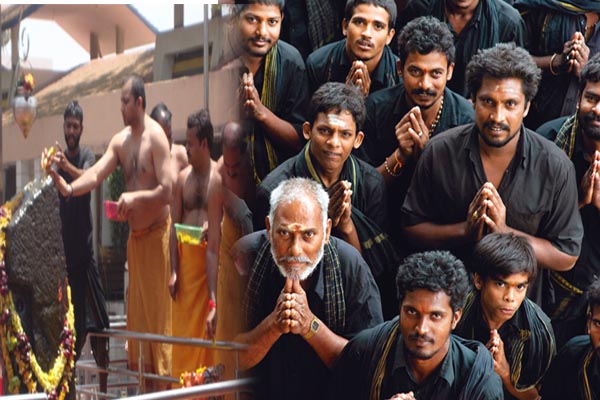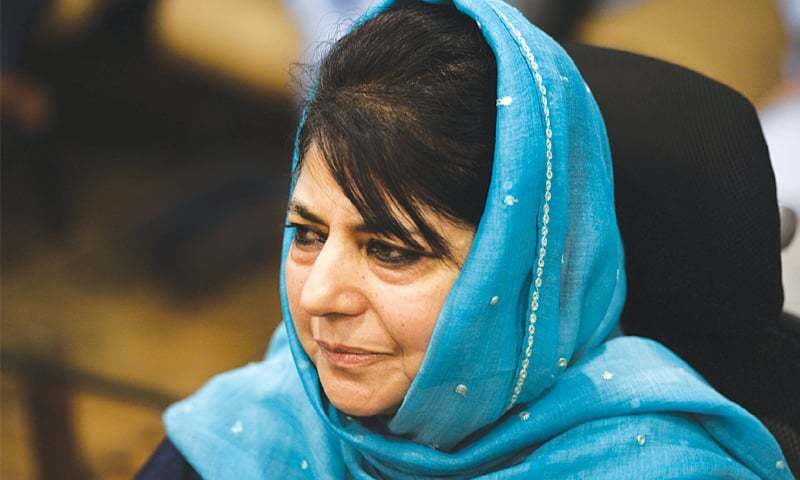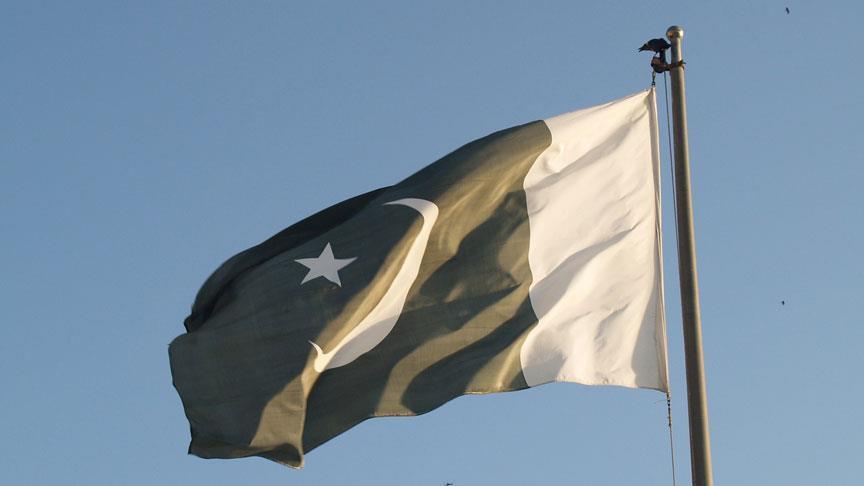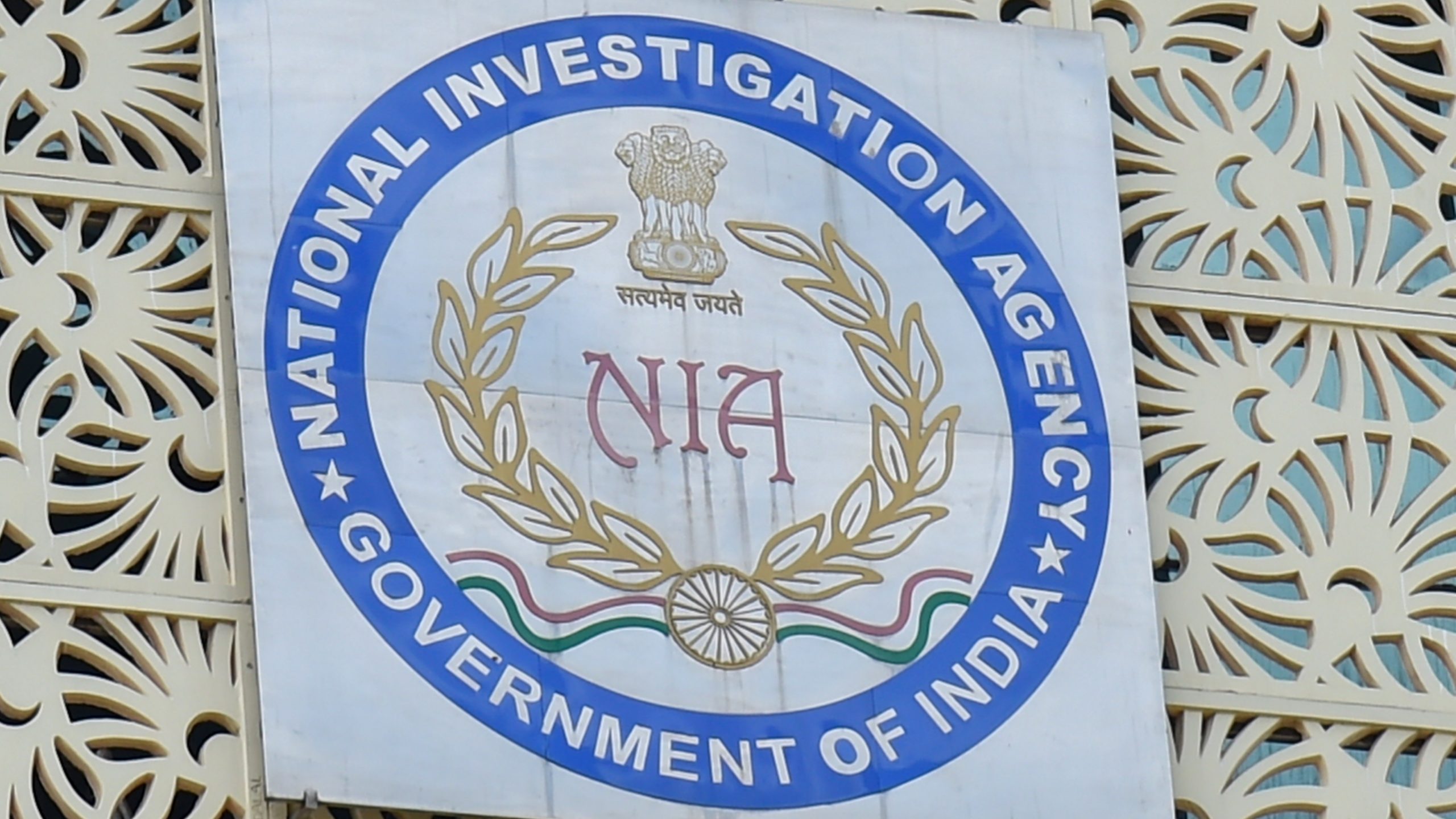we wake up only when politically convenient
Wed 27 Jan 2016, 18:41:18

Kerala's Sabarimala temple
authorities have stuck to their stand — in the face of legal scrutiny from the
Supreme Court — of banning all women between the ages of 10 and 50 from
entering temple precincts citing ritualistic practice and tradition. They claim
deity Lord Ayyappa, who attracts more than 50 million devotees each year, is a
sworn celibate. They do not want the apex court to interfere in religious on Tuesday,
Maharashtra police foiled a plan by 350 women activists to barge into Shani
Shingnapur temple in Ahmednagar district to break a 400-year-old tradition
banning women from entering its sanctum sanctorumThat fact
that the feminist movement is facing a global crisis now despite the advancement in millions of women’s lives owes a lot to the gaping fault lines. These fault lines — old and new — thrive on economic, cultural, legal, or even chronological differences between countries and have, of late, severely affected the fight over women’s rights and bodies. For developing countries like India, therefore, the key point is to understand that the battle against gender bias and cultural constructs requires a sustained effort. Confrontation and outrage plays a crucial function in the battle against gender bias by turning society's focus into a specific issue Temple sexism: Whether Sabarimala or Shani Shingnapur,
that the feminist movement is facing a global crisis now despite the advancement in millions of women’s lives owes a lot to the gaping fault lines. These fault lines — old and new — thrive on economic, cultural, legal, or even chronological differences between countries and have, of late, severely affected the fight over women’s rights and bodies. For developing countries like India, therefore, the key point is to understand that the battle against gender bias and cultural constructs requires a sustained effort. Confrontation and outrage plays a crucial function in the battle against gender bias by turning society's focus into a specific issue Temple sexism: Whether Sabarimala or Shani Shingnapur,
No Comments For This Post, Be first to write a Comment.
Most viewed from National
Most viewed from World
AIMIM News
Latest Urdu News
Most Viewed
May 26, 2020
Do you think Canada-India relations will improve under New PM Mark Carney?
Latest Videos View All
Like Us
Home
About Us
Advertise With Us
All Polls
Epaper Archives
Privacy Policy
Contact Us
Download Etemaad App
© 2025 Etemaad Daily News, All Rights Reserved.

.jpg)
.jpg)
.jpg)
.jpg)
.jpg)







.jpg)
.jpg)
.jpg)
.jpg)
.jpg)
.jpg)
.jpg)
.jpg)





















